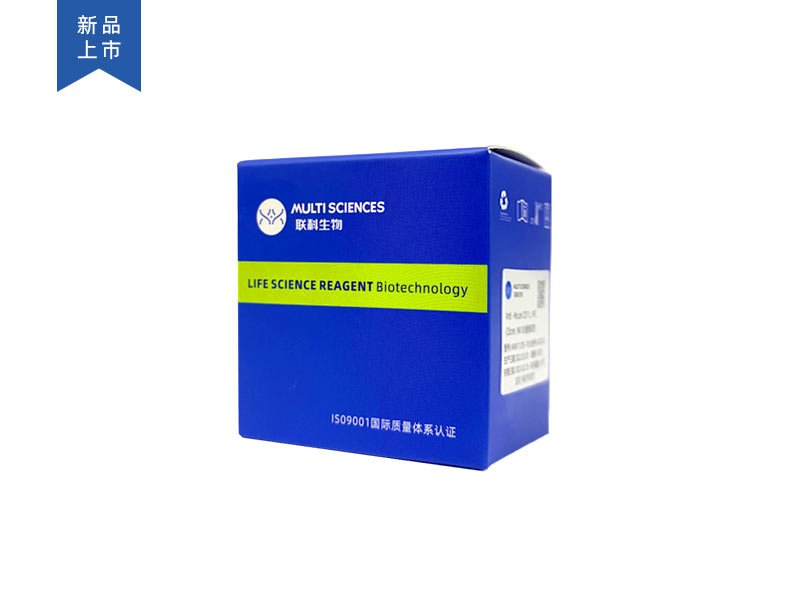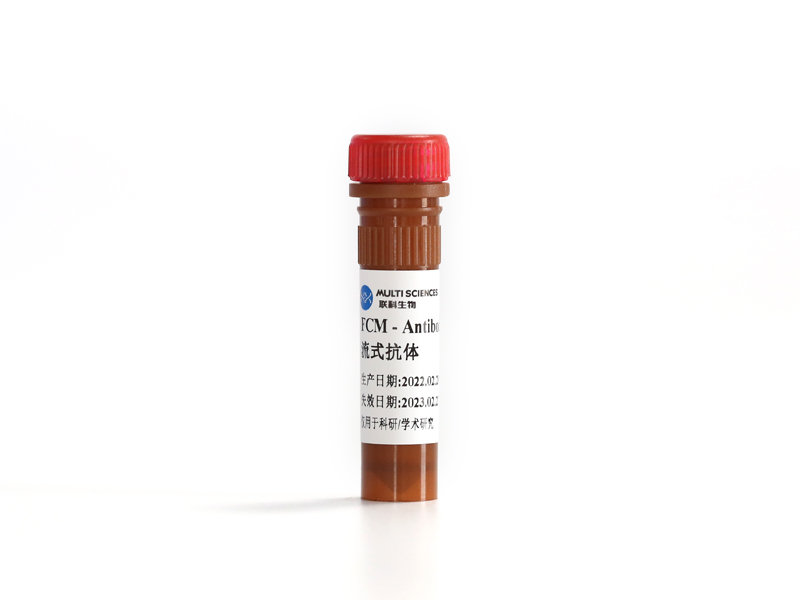Hemorrhagic shock (HS) leads to intestinal damage and subsequent multiple organ dysfunction syndrome. Intestinal barrier dysfunction is the main cause of multiple organ failure associated with HS. Leukocyte immunoglobulin-like receptor B4 (Lilrb4) belongs to the Ig superfamily and is a vital natural immunomodulatory receptor. The purpose of this study was to identify the role and molecular mechanism of Lilrb4 in HS-induced ileal injury. In this work, HS was established by femoral artery cannula and 90?min of HS (blood pressure, 35–40?mmHg), followed by resuscitation. RNA sequencing analysis showed that Lilrb4 was highly expressed in the ileum of HS rats. As observed, HS rats exhibited severe ileal injury, characterized by enlarged subepithelial space, edema, exfoliation and extensive loss of villi. Whereas, lentivirus system-mediated Lilrb4 overexpression considerably mitigated these alterations. HS led to increased release of markers associated with intestinal injury, which was effectively reversed by Lilrb4 overexpression. In addition, after resuscitation, Lilrb4 overexpression inhibited HS-triggered inflammatory response, as evidenced by decreased levels of proinflammatory cytokines. Lilrb4 also inhibited the activation of NF-κB signal induced by HS. Notably, Lilrb4 modulated the balance of regulatory T (Treg)-T helper 17 (Th17) cells in the mesenteric lymph node (MLN), which may also contribute to its protective role in HS progression. In aggregate, these findings confirmed that Lilrb4 overexpression protected against ileal injury caused by HS, indicating that Lilrb4 may be a potential candidate for the treatment of HS.
文章引用产品列表
-
- F21IL1702 8 Citations
- 流式抗体
Anti-Mouse/Rat IL-17A, PE (Clone:17B7) 流式抗体 (新品)
- ¥720.00 – ¥1,584.00
-
- F3102502 2 Citations
- 流式抗体
Anti-Rat CD25,PE(Clone:OX39) 流式抗体 (新品)
- ¥520.00 – ¥1,144.00
-
- EK382 424 Citations
- FEATURED ELISA KIT, ELISA试剂盒
Rat TNF-a ELISA Kit检测试剂盒(酶联免疫吸附法)
- ¥1,600.00 – ¥10,800.00
-
- EK382HS 358 Citations
- FEATURED ELISA KIT, 高敏试剂盒
Rat TNF-α High Sensitivity ELISA Kit检测试剂盒(酶联免疫吸附法)
- ¥2,000.00 – ¥3,400.00
-
- EK317HS 26 Citations
- 高敏试剂盒
Rat IL-17A High Sensitivity ELISA Kit检测试剂盒(酶联免疫吸附法)
- ¥2,000.00 – ¥3,400.00
-
- EK317 29 Citations
- ELISA试剂盒
Rat IL-17A ELISA Kit检测试剂盒(酶联免疫吸附法)
- ¥1,600.00 – ¥2,650.00
-
- EK310HS 86 Citations
- 高敏试剂盒
Rat IL-10 High Sensitivity ELISA Kit检测试剂盒(酶联免疫吸附法)
- ¥2,000.00 – ¥3,400.00
-
- EK306 384 Citations
- ELISA试剂盒
Rat IL-6 ELISA Kit检测试剂盒(酶联免疫吸附法)
- ¥1,600.00 – ¥10,800.00
-
- EK306HS 323 Citations
- FEATURED ELISA KIT, 高敏试剂盒
Rat IL-6 High Sensitivity ELISA Kit检测试剂盒(酶联免疫吸附法)
- ¥2,000.00 – ¥3,400.00
-
- EK310 96 Citations
- ELISA试剂盒
Rat IL-10 ELISA Kit检测试剂盒(酶联免疫吸附法)
- ¥1,600.00 – ¥2,650.00
-
- EK301B 387 Citations
- ELISA试剂盒
Rat IL-1β ELISA Kit 检测试剂盒(酶联免疫吸附法)
- ¥1,600.00 – ¥10,800.00
-
- EK301BHS 326 Citations
- 高敏试剂盒
Rat IL-1β High Sensitivity ELISA Kit检测试剂盒(酶联免疫吸附法)
- ¥2,000.00 – ¥3,400.00





